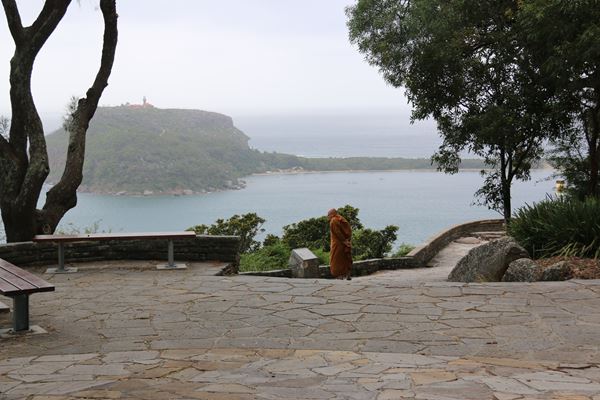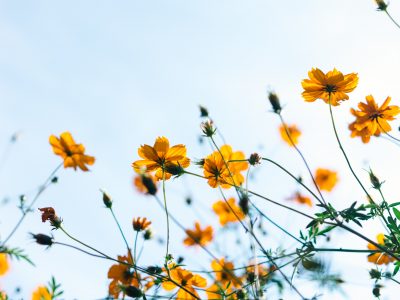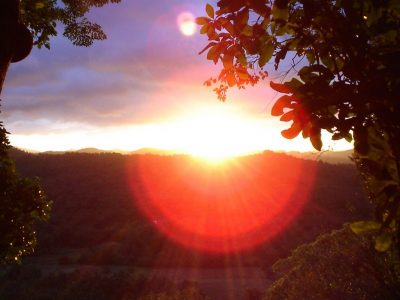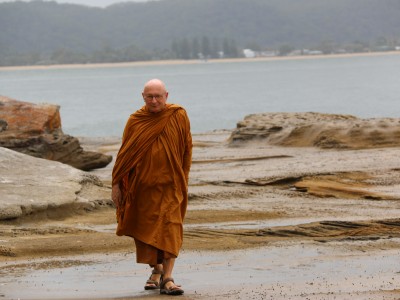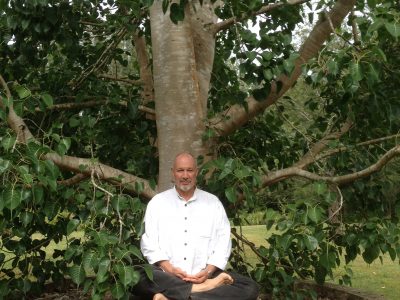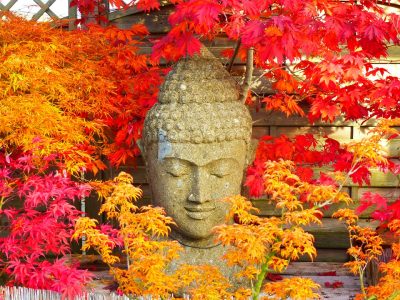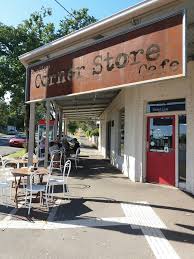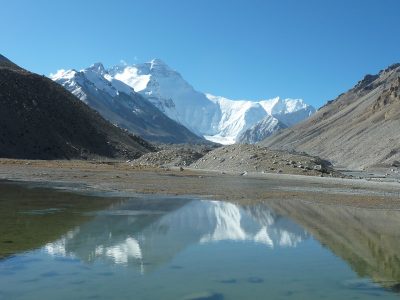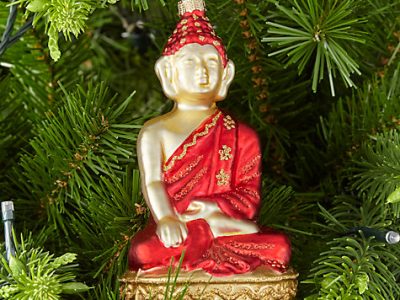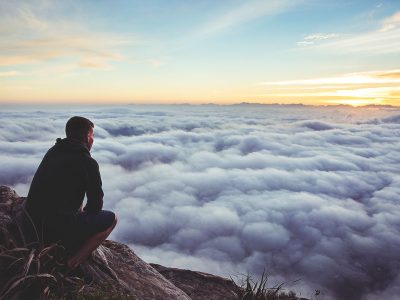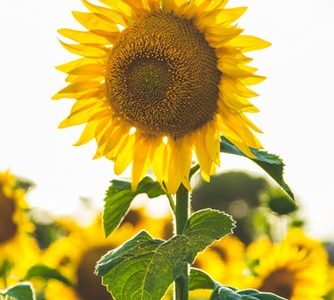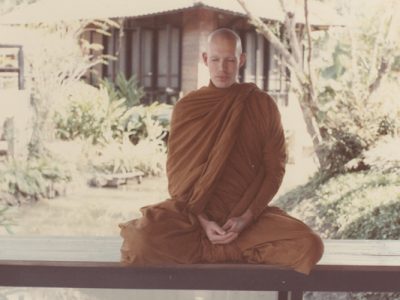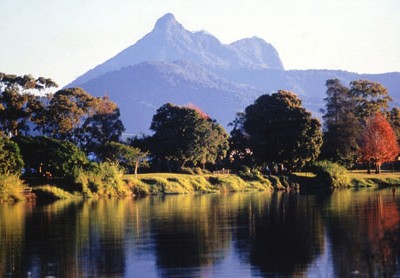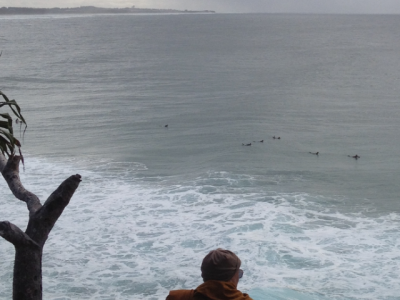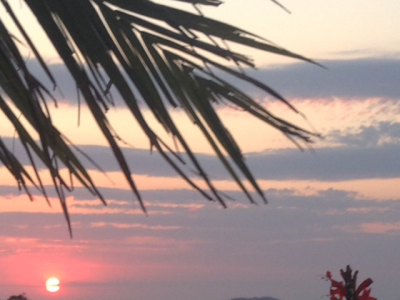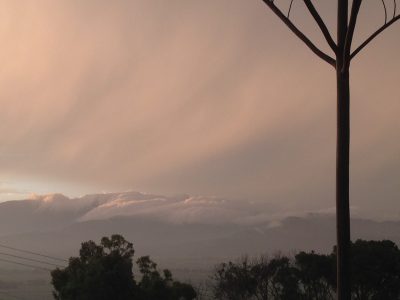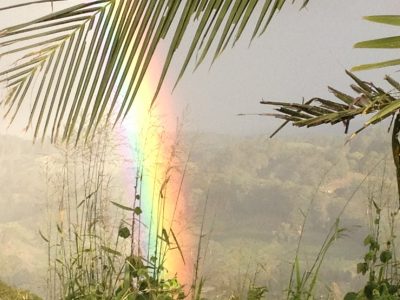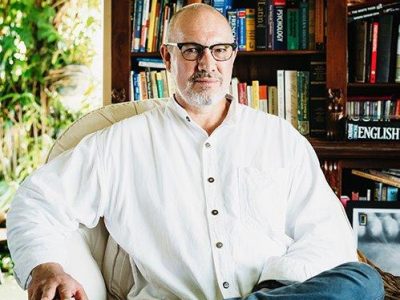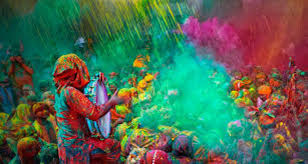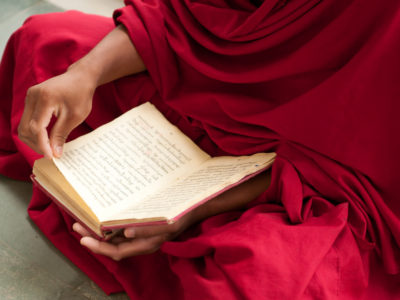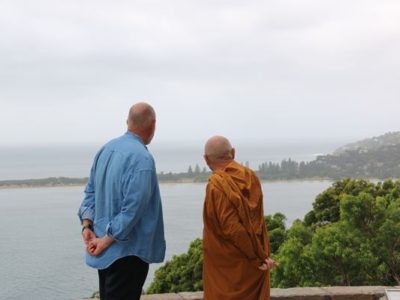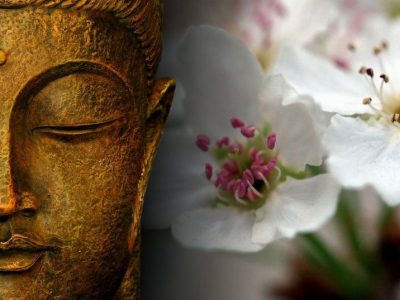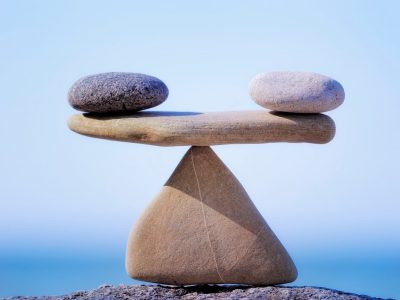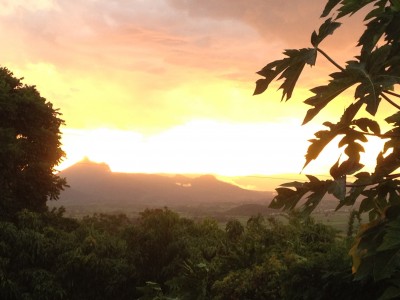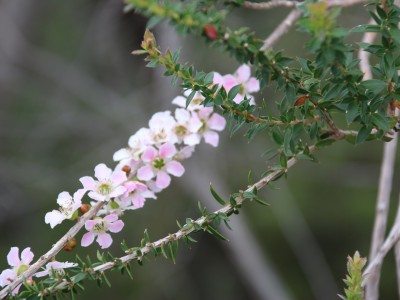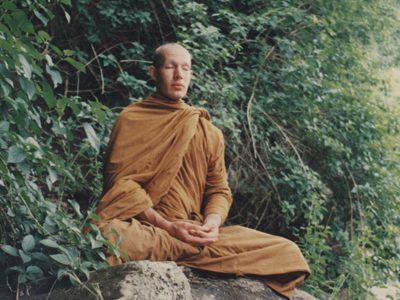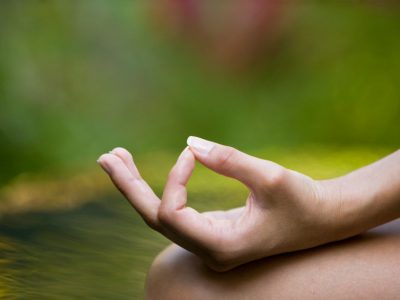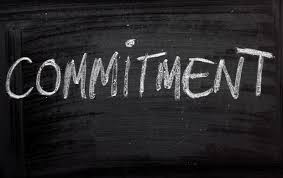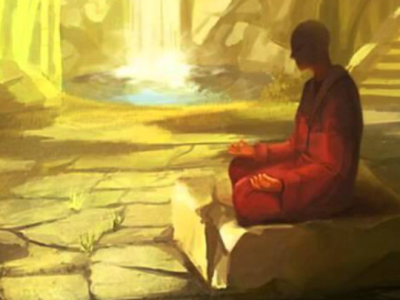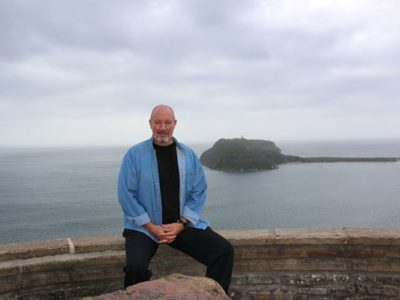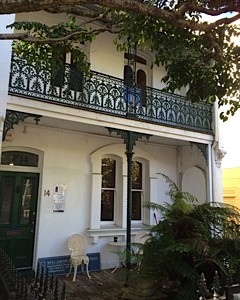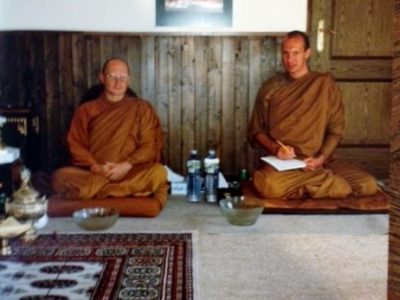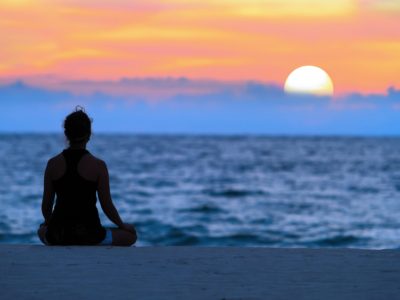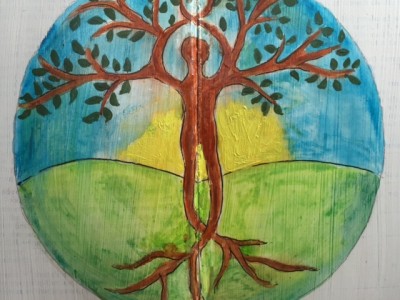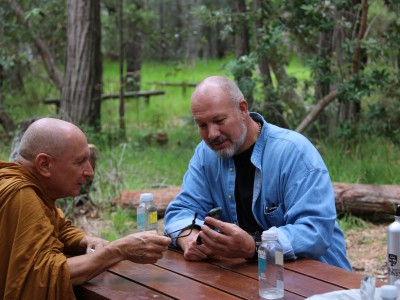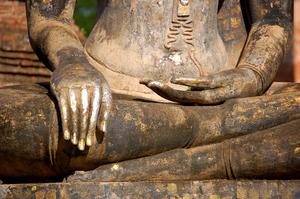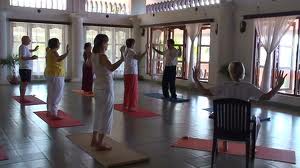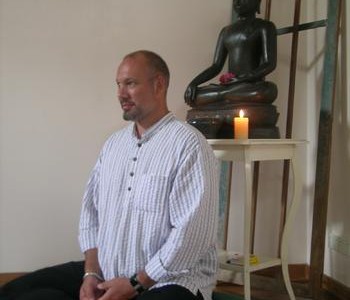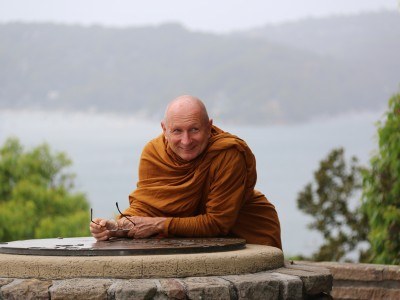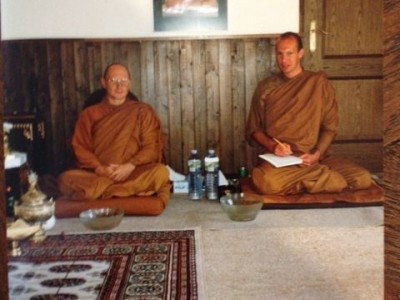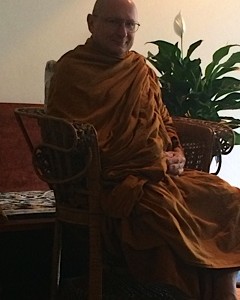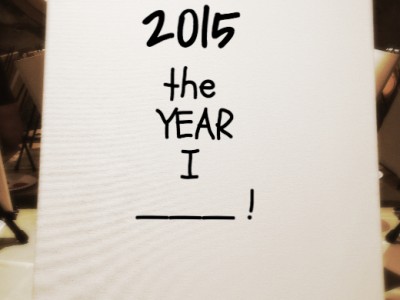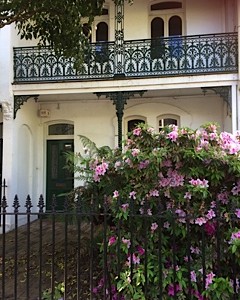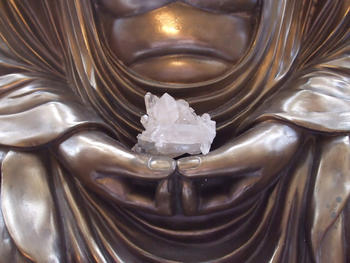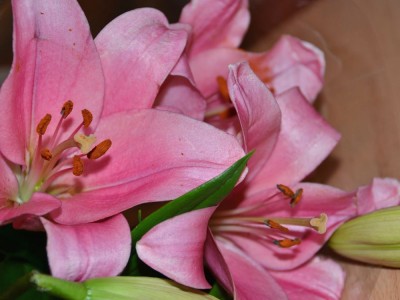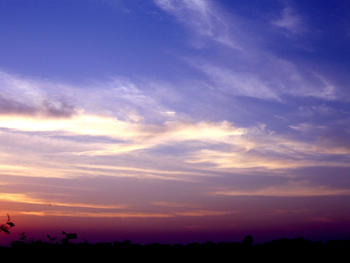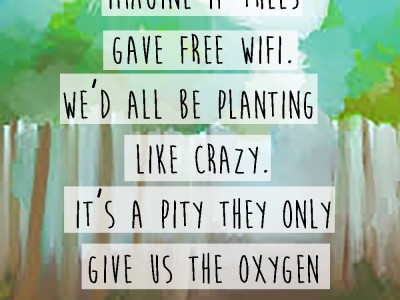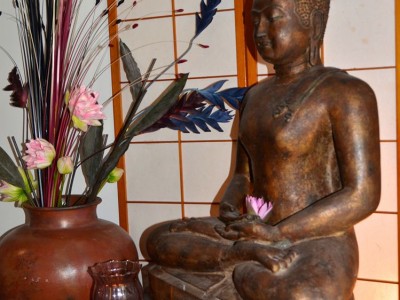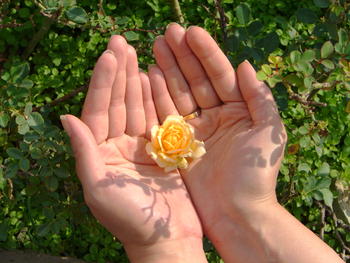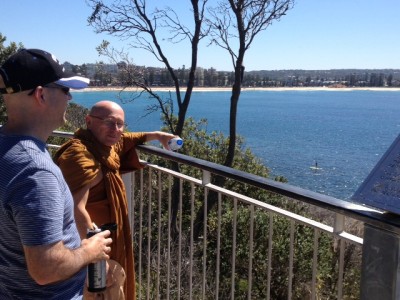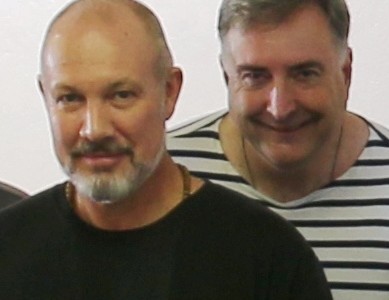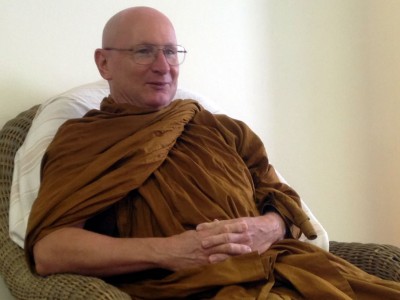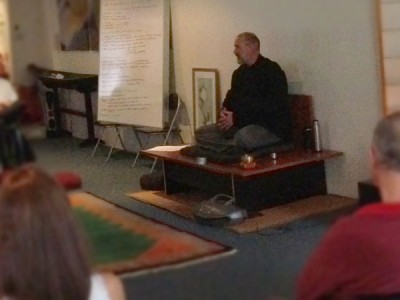Sustainable Well-Being
‘SUSTAINABLE WELL-BEING’ – Reflections by John Barter
More than anything else, we seek to be Happy and much of our precious life’s time and energy is purposed towards this goal and experience (Sukkha).
However, we are beset with the blight and maybe blessing of ‘Uncertainty’! We live in the realm of ‘Uncertainty’; this is how we live, this is how we die! However, we also live in an age of uncertainty, due to the ever-increasing fast pace of our life and the ever-increasing changes in our society and world environment.
The Wisdom Teachings of the Buddha, the Dhamma, point out this underlying Wisdom Truth of change and impermanence of all conditioned things. Because of change and the interrelatedness of all things through ‘Cause and Effect’, it creates an underlying uncertainty and potential for un ease, discontentment and dissatisfaction. This the Buddha referred to as Dukkha. We seek Sukkha but end up with Dukkha!
In this desire and life dedication to the experience of Happiness, maybe the underlying change and uncertainty causes us to question; What is Real Happiness? What is its cause? What keeps it continuing?
Could the Happiness that we really seek and search for be more of an enduring ‘Well-Being’?
Health Sciences appreciate that both physical and psychological Well-Being, results from a satisfactory degree of certainty and sustainability of those things that support our well-being. This can include, living in a suitable place with supportive people, family and friends. Having some degree of certainty for our ongoing professional life. Food, finances, resources as well as psychological meaning and joy in our life. However, amidst change, uncertainty and the limited resources of our planet; how do we maintain adequate ‘Sustainability’?
We have all heard about the ‘Sustainable Living Movement’, advocating the importance of living both simply and lightly on our planet. The possibility of supplying one’s own food and power, connecting back to a life lived more in harmony with nature and the seasons. This approach and practice is very important. However, so too is the approach and practice of ‘Sustainable Well-Being’. I define ‘Well-Being’ as the experience of living-well and being-well, inclusive of how we live and how we be!
While much of our life’s time and energy is purposed towards that experience of a certain set of feelings! The actions and activities may vary from person to person, but fundamentally we are all seeking to be Happy, to be content, to feel safe, to have inner Peace and Joy. Amidst the external changes and uncertainty of things, can we find and feel an inner ‘Sustainable Well-Being’, a contentment and Peace that is durable and enduring?
Of all the varieties of Psychological, Spiritual and Psycho Spiritual Paths and Practices towards this end of ‘Sustainable Well-Being’, it is the Path, Practice and Practitioners of the Buddha that stand out as exemplar.
The Buddha’s ‘Eight Factored Practice Path’ encompasses the well-being of the whole of our being; mind, speech, body and engagement into life. It is not a way of developing well-being through some furiously faddish fantastic practices, that might feel wild and wonderful for a short time but are not sustainable.
The Buddha’s ‘Eight Factored Practice Path’ is founded in a wise understanding of the human psyche and what is required to develop real, ongoing and long-going well-being; leading all the way to complete Psycho-Spiritual Freedom – Nibbana.
These Eight Factors to practice and develop are: The Right and Wise use of: View, Thought, Speech, Action, Livelihood, Effort, Mindfulness and Concentration. They summarise into the Three Domains of Ethical Conduct; Mental Development – through Meditation; Insightful Understanding – Wisdom.
We can all see that living in a healthy and wholesome way brings ease and joy. That developing Mental Calm and Clarity reduces stress and confusion. That using Wisdom creates Peace, Harmony and Well-Being.
It is up to us to be Pro-active and pace our time-energy in a way that supports and sustains our well-being. This is our gift to ourselves, our gift to our loved ones and our gift to our planet and humanity.
Questions we might like to ask ourselves:
How can I create more of a sustainable spiritual practice to support my ‘Sustainable Well-Being’?
Which of the ‘Eight Practice Factors’ do I need to give extra attention and effort to?
Could I make more time for my Meditation Practice and enhance my general Mindfulness in my life?
Join us for a Half-Day Meditation Retreat on ‘Sustainable Well-Being’ with John Barter
Sunday 1st July 9.00am – 12.00 noon
‘Ratanagiri’ 11 Double View Road, Farrants Hill, Tweed Coast NSW


